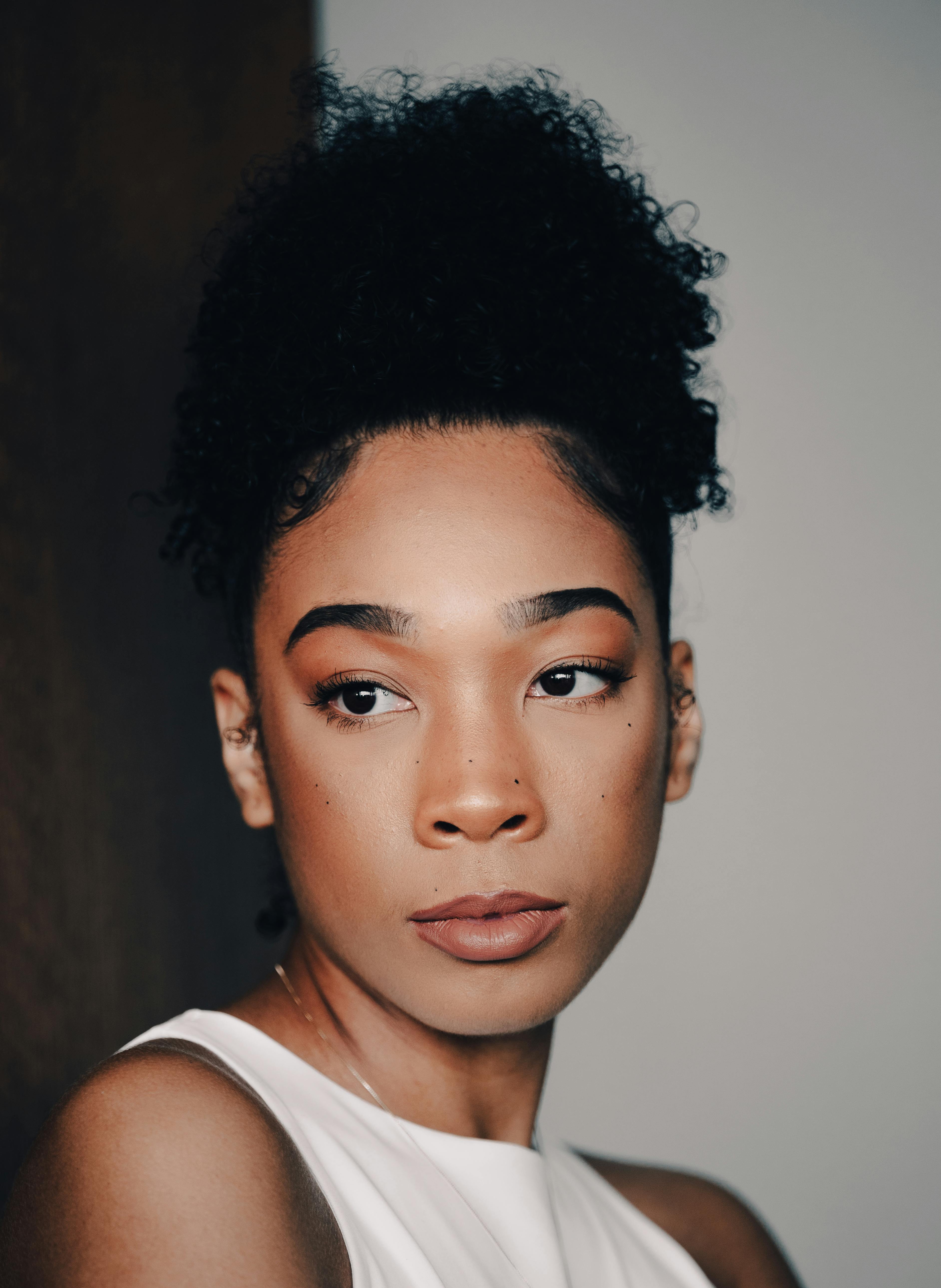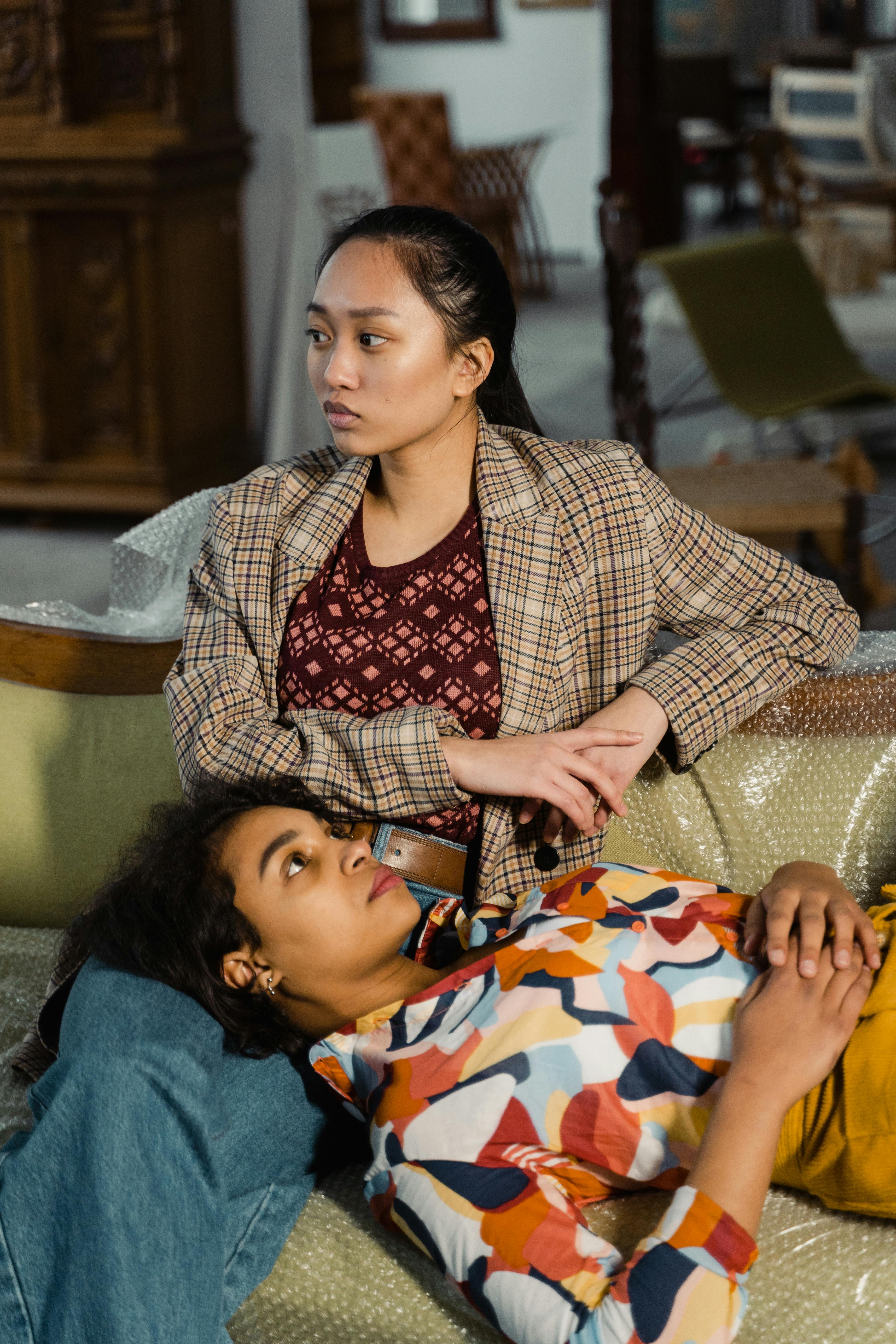Multiracial Identity | Therapy & Identity Development
Kamala Harris is going to be front and center of the news cycle for at least the next few months. Whatever you think of her politics, there’s no denying that she’s making history. As a Black and South Asian American woman set to become the Democratic nominee for president, her candidacy marks several firsts.
As a fellow multiracial American, I’ve taken notice of the ways that this has brought multiracial identities — and the misconceptions surrounding them — back on the table.
What we get wrong about being multiracial
Multiracial people aren’t tragic stereotypes
A huge and ever-growing portion of the United States population identifies with two or more races. However, stereotypes about this enormously diverse group persist.
One of the oldest stereotypes is the belief that multiracial people live tragic lives. Never finding a place within society, they’re rejected by the communities of their families on both sides. In the US, this can specifically be traced back to “tragic mulatto” tropes in American literature of the 19th century.
In the 2020s, this idea still plays out as worry ‘about the children’, and the difficulties they may face due to parents choosing partners outside their race. (Ironically, it’s stigma and ignorance that can make life more difficult for multiracial kids in the first place.)

Multiracial people aren’t fractions
It’s not unusual to hear people described as a “half-Black, half-Latino” or “a quarter Chinese, and three-quarters Mexican.” And some multiracial people do choose this language to describe themselves! (I too have poured over my Ancestry.com results with fascination at the history of my ancestors broken down into percentages, as seen in my DNA.)
However, many of us reject the idea that our identities can be divided up like pie charts. I myself have shifted from describing myself as “half-Filipino, half-Ashkenazi Jewish” to saying that I’m Filipino AND Jewish over the years.
Is it just semantics? Maybe, but language is powerful. And when people are told they’re not Black or Asian or Latinx ‘enough’ to belong, it’s an important distinction. To many multiracial people, this type of language implies being less than whole.
My family tree and my experiences may be different from monoracial folks. But to me it’s not accurate to say that I’m half of anything. I’m fully both, with all the unique experiences and perspectives that come along with being part of a mixed family.

Multiracial people don’t have to pick a side
Donald Trump is not someone who I would ever take seriously when it comes to discussing race (or anything). But it still really irked me to see him weaponizing a photo of Kamala Harris in traditionally Indian attire to question the authenticity of her Black identity.
In the United States, multiracial people upset the “black and white” system of racial categorization and hierarchy. And so we make up rules to try to slot them into the system as it is. Famously, the ‘one-drop’ rule was encoded into law in the segregated American South. It served to uphold white supremacist views of racial purity. Under this rule, any traceable African American heritage meant one was categorically Black — regardless of phenotype, history or identity. Although it’s no longer codified as such, it still shapes how we view race today.
Our racial system demands that we pick a side (or accept being slotted into one). While that may fit for some people, for others, it feels inauthentic or oppressive. That can be especially true for multiracial people who do not have any white heritage — a group who are often overlooked and erased from the discussion.
It’s perfectly normal for multiracial people’s identity to evolve over time
Multiracial people’s identity can be quite complex. A number of factors go into how strongly we connect with different parts of our heritage. A person who grew up with only one side of their family may feel disconnected from the heritage of their other parent. Someone who phenotypically looks more like one group — and is treated as such by the world — may connect more with that community. Gender even plays a role, with kids tending to identify more with the cultural heritage of their same-gender parent.
That’s all to say, as multiracial people we may not have a perfectly equal level of connection to every part of our heritage. We may not even have been raised with much knowledge of it. It doesn’t mean that they are not still real and valid parts of who we are.
In fact, studies have shown it’s very common to identify more strongly with different aspects of our heritage at different parts in our lives. It shouldn’t be treated with suspicion or derision when we seek to connect with a part of ourselves that has been previously unexplored.
Exploring Your Identity as a Multiracial Person
Mixed identity can be a source of pride. Personally, I find a lot of joy in my unique story. I enjoy the ways that my family came together from different corners of the earth. And I love that being mixed has led me to feel most at home in intentionally diverse spaces, with many different communities and cultures represented.
On the other hand, it can also be enormously frustrating to feel othered, misunderstood, or made invisible — at times, even within our own families.
If you’re multiracial, you probably have also spent time reflecting on how your heritage has shaped you. And you may have a different perspective on race and culture than your monoracial counterparts.

If you’re on that journey, or it’s something you’re ready to explore more, therapy can be a tool to support the process. You can have space to explore your multiracial identity, with a person who is interested in seeing the whole you. Being able to be seen for all your parts, as an integrated whole, can be enormously healing.
About the Author
Maya Borgueta, PsyD, is a licensed clinical psychologist and founder of Stella Nova Psychology. She offers online therapy for women throughout California. Maya specializes in supporting women of color and adult children of immigrants, with a special interest in serving multiracial and multiethnic clients.
If you’re interested in working with Maya, you can book a free, 20-minute consultation with Stella Nova to get started.
Subscribe To Our Newsletter
Want more valuable mental health content? Keep in touch with Stella Nova by subscribing to our mental health newsletter. We share valuable tips and information twice a month, as well as periodic practice updates, upcoming events, and discounts.
When you sign up, you’ll also receive a copy of our free Preparing for Therapy mini-workbook to help you get ready to get the most out of your experience.


